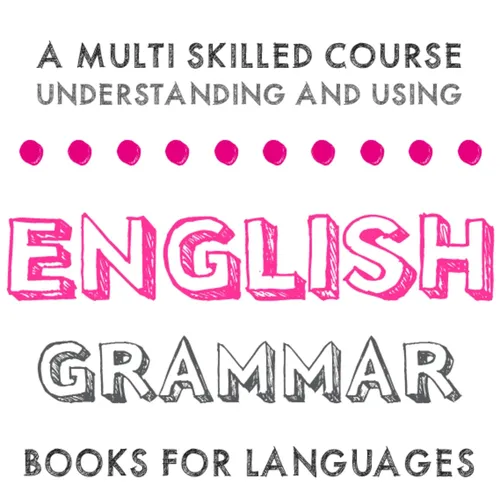
Books4Languages (English)
Open Educational Resources for Teaching and Learning English as Second Language which can be reused, modified, and shared and that provide unconstrained materials for the benefit and the enjoyment of others.
https://books4languages.com
- Update frequency
- every day
- Average duration
- 3 minutes
- Episodes
- 126
- Years Active
- 2019

Time Adverbs with Present Perfect
Adverbs are expressions that function as modifiers of other elements in the clause. They can provide a wide range of information.
Time adverbs are often used with the present perfect and function as …
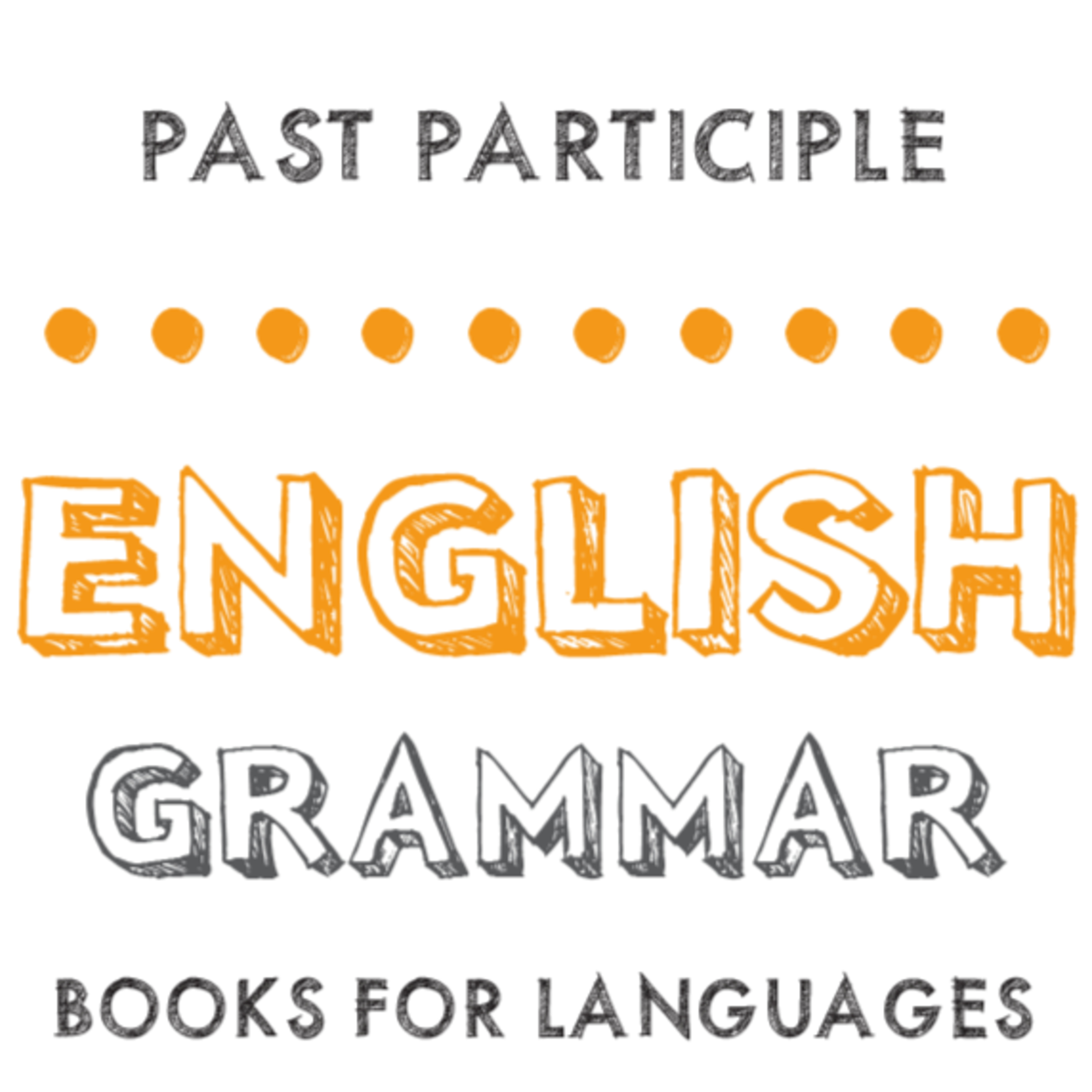
Past Participle
The Past participle is a verb that is used to form other tenses (such as the present perfect).
Many past participle forms of verbs are irregular.
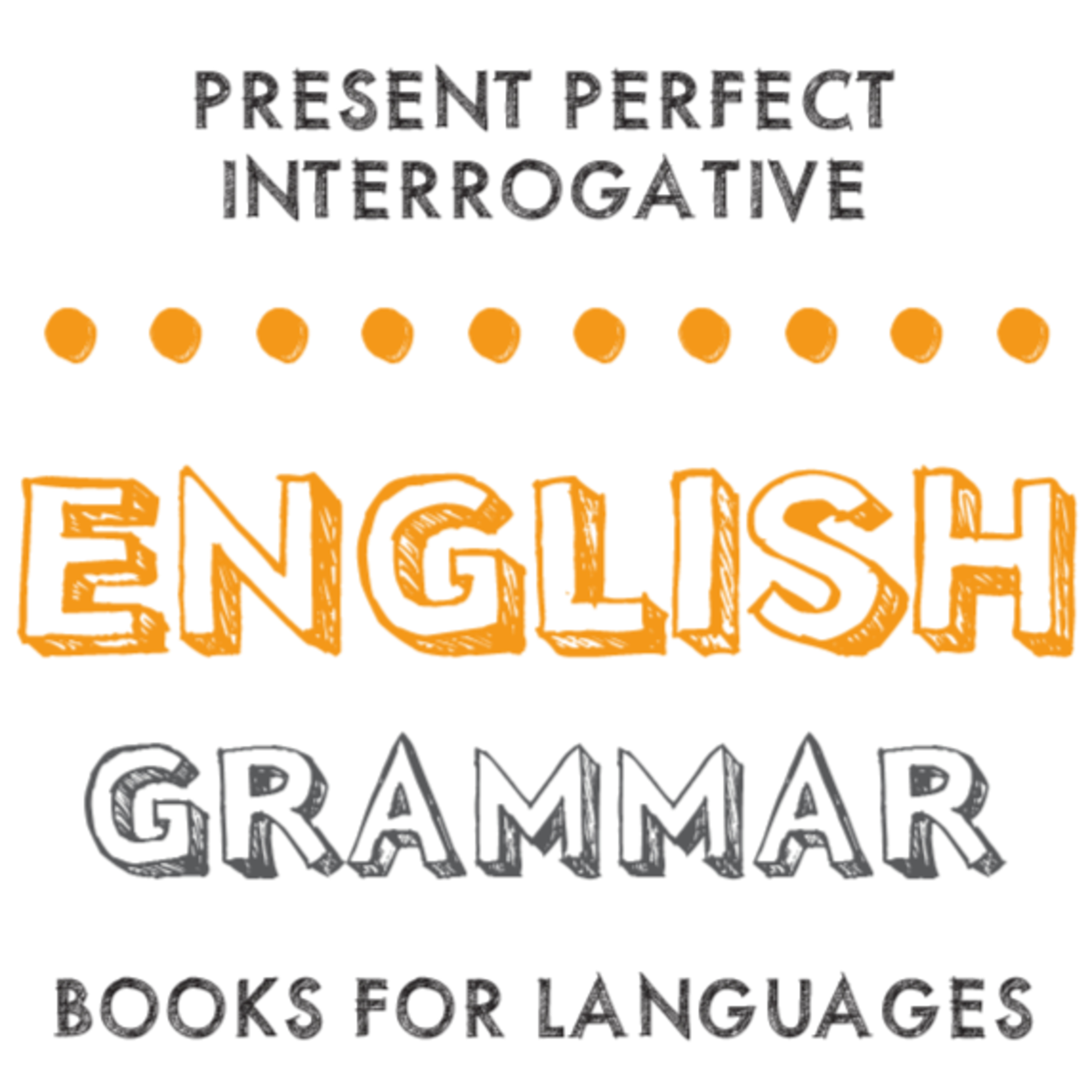
Present Perfect Interrogative
The present perfect is a tense used to express completed actions which have occurred in the past, are connected to the present and still have effects on it.
When expressed in its interrogative form…
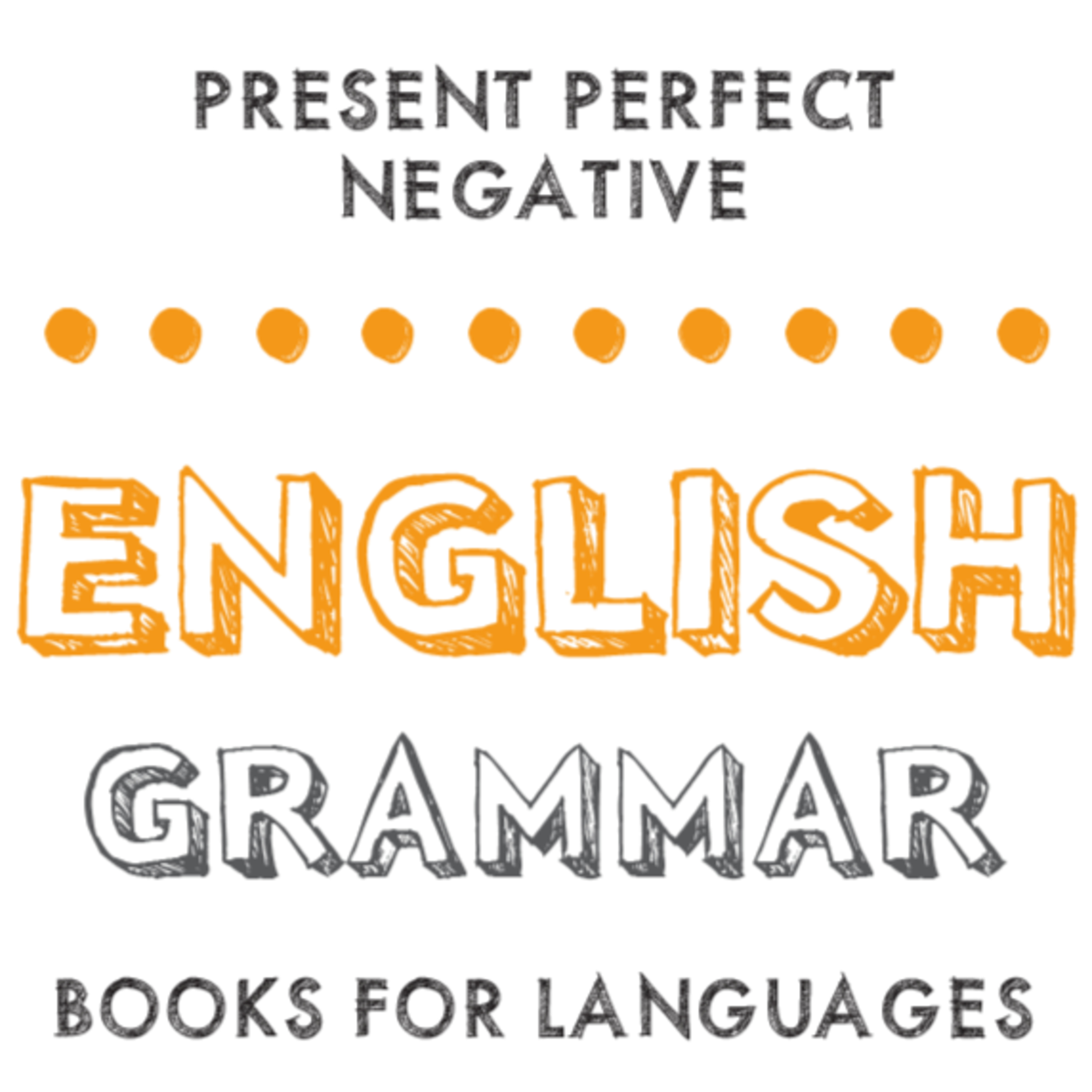
Present Perfect Negative
The present perfect is a tense used to express completed actions which have occurred in the past, are connected to the present and still have effects on it.
When expressed in its negative form, the…

Present Perfect Affirmative
The present perfect is a tense used to express completed actions which have occurred in the past, are connected to the present and still have effects on it.
When expressed in its affirmative form, …

Grammar A2 introduction
This book is the Grammar part of the A2 level of the practical guide for learning English as a second language. It forms a part of book series Books for languages. It is fully written in English an…
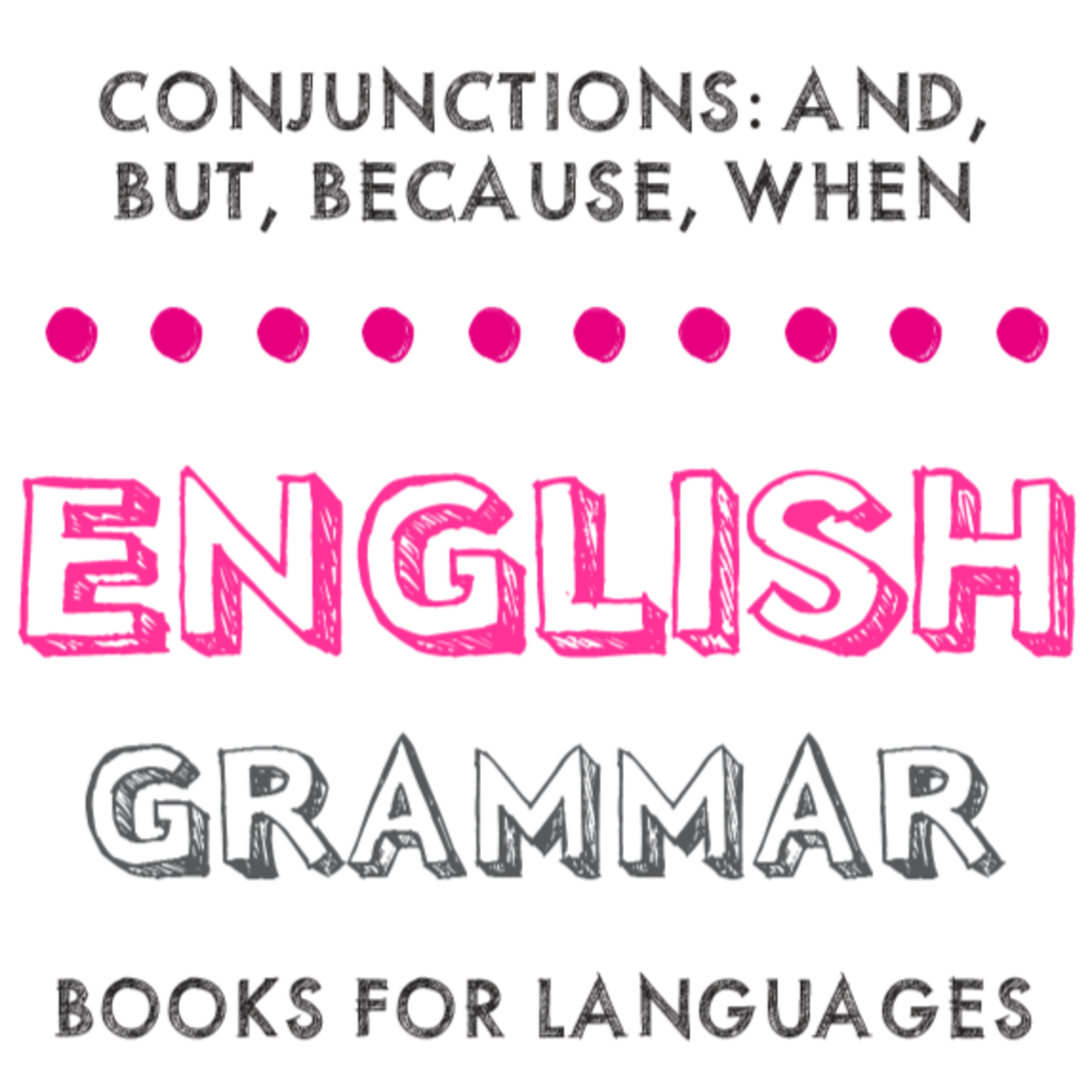
Conjunctions: And, But, Because, When
English Grammar A1 Level: Conjunctions are words that function as a link between different clauses or elements in sentences.
https://open.books4languages.com/english-a1-grammar/chapter/conjunctions-a…
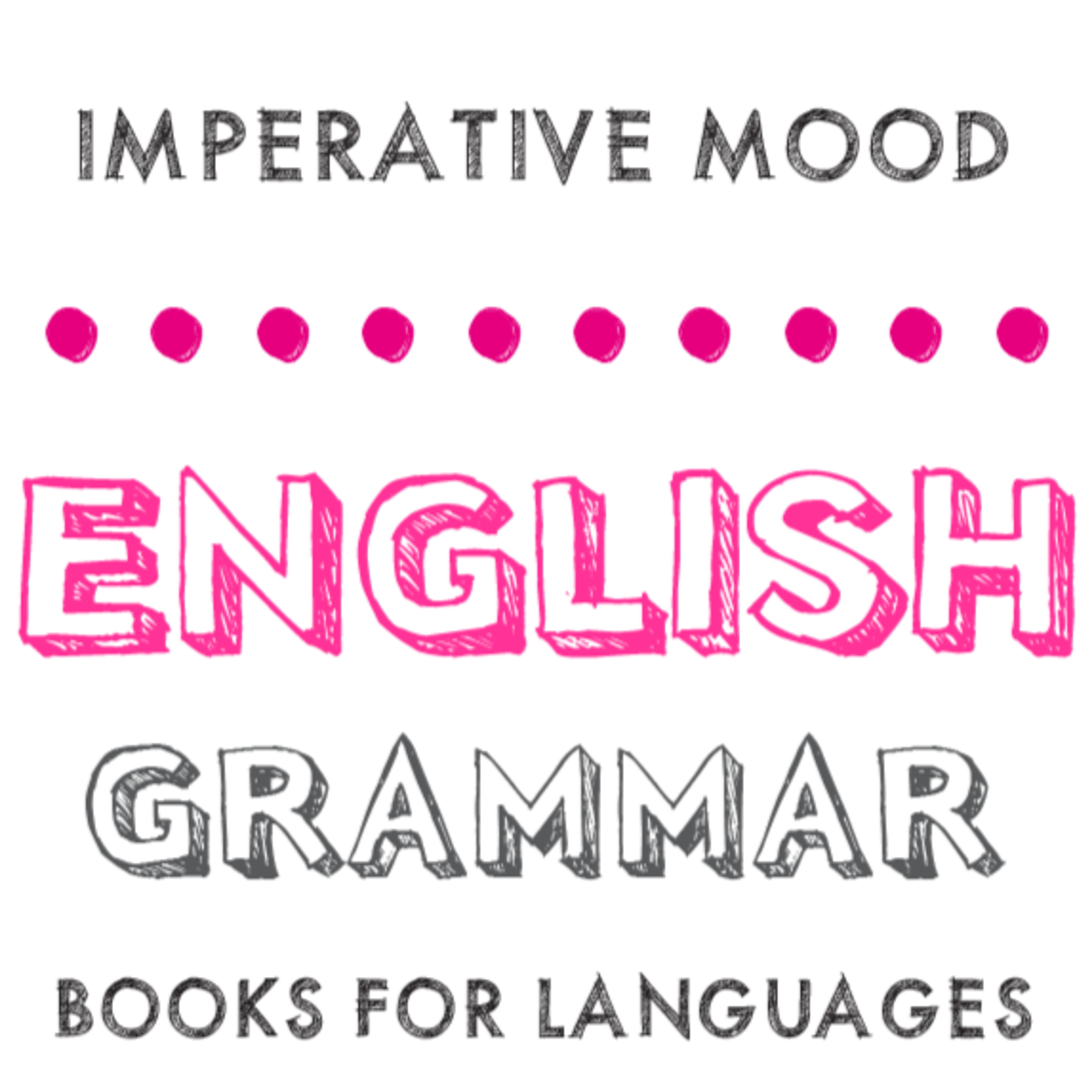
Imperative Mood
English Grammar A1 Level: The imperative is a structure used to give an order or command.
https://open.books4languages.com/english-a1-grammar/chapter/imperative-mood
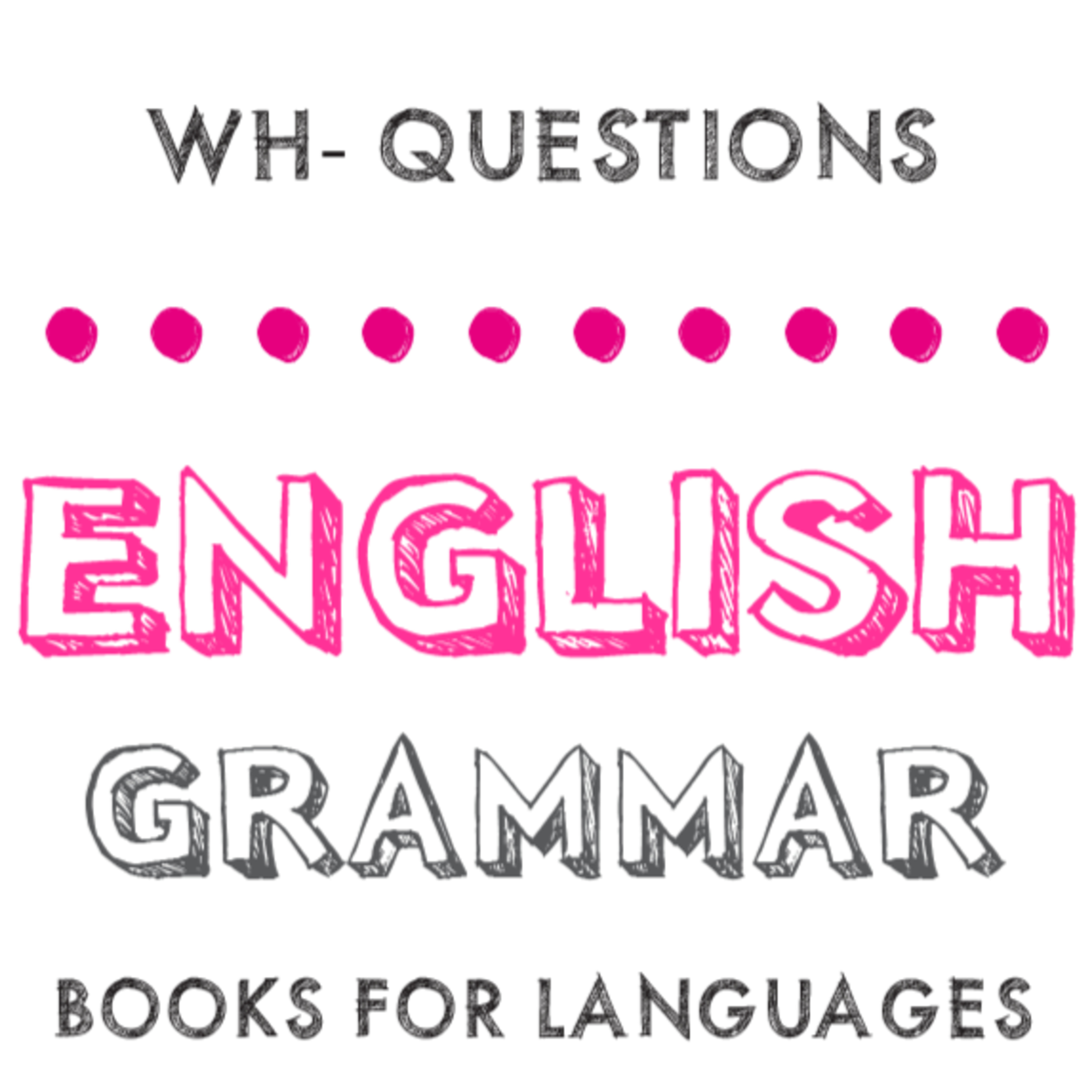
Wh- Questions
English Grammar A1 Level: Wh- questions always begin with one of the wh- question words (interrogative pronouns), which show what kind of information is wanted.
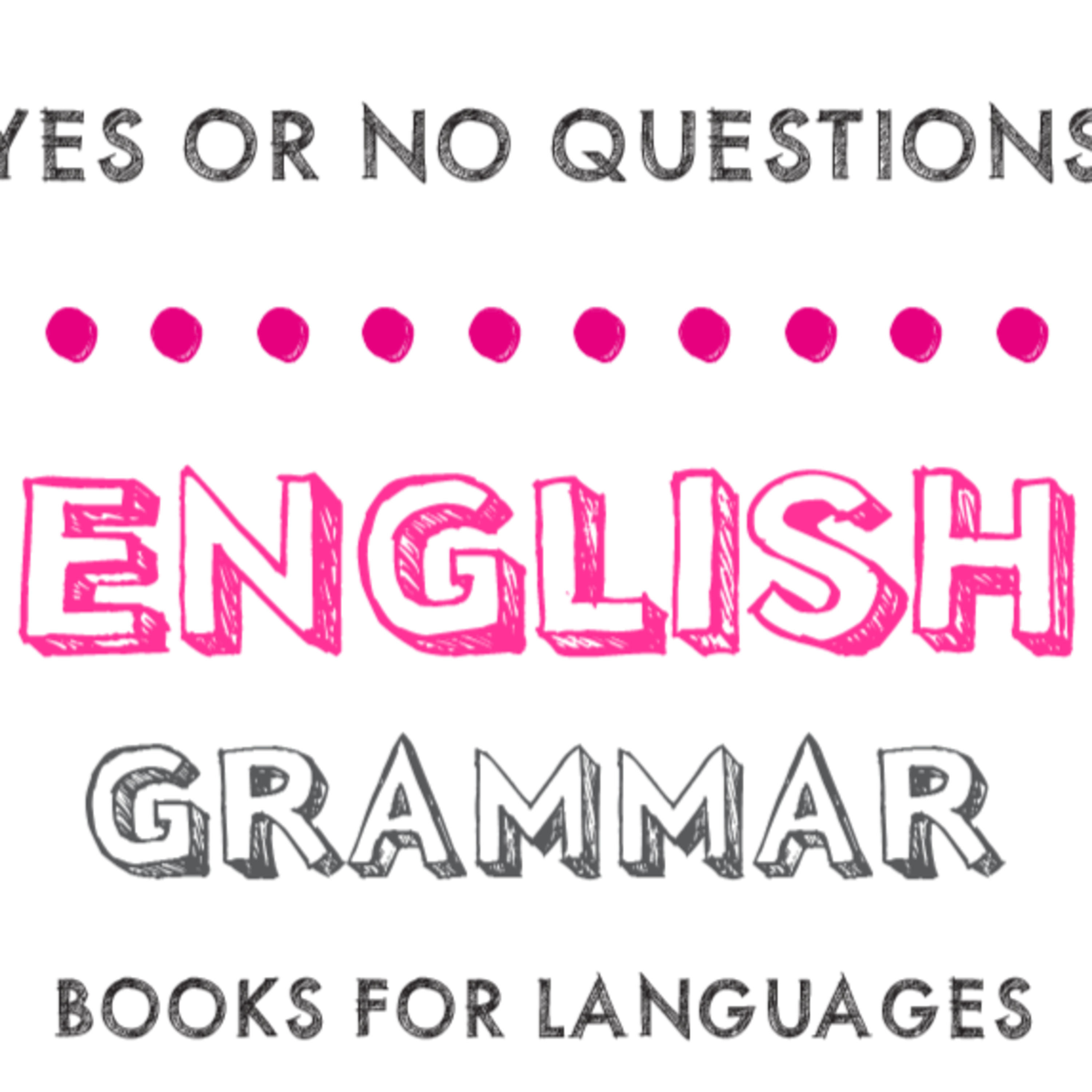
Yes or No Questions
English Grammar A1 Level: Yes or no questions are also called closed questions or polar questions because the answer to them can only be yes or no.
The answers to closed questions are called short an…

Like, Love, Hate
English Grammar A1 Level: We use the verbs like, love and hate to express positive (love or like) or negative (hate) feelings about something.

Would Like
English Grammar A1 Level: Would like is used to express requests or offers more politely.
https://open.books4languages.com/english-a1-grammar/chapter/would-like

Like
English Grammar A1 Level: Like, as a verb, is used to express things we enjoy and take pleasure in.
https://open.books4languages.com/english-a1-grammar/chapter/like
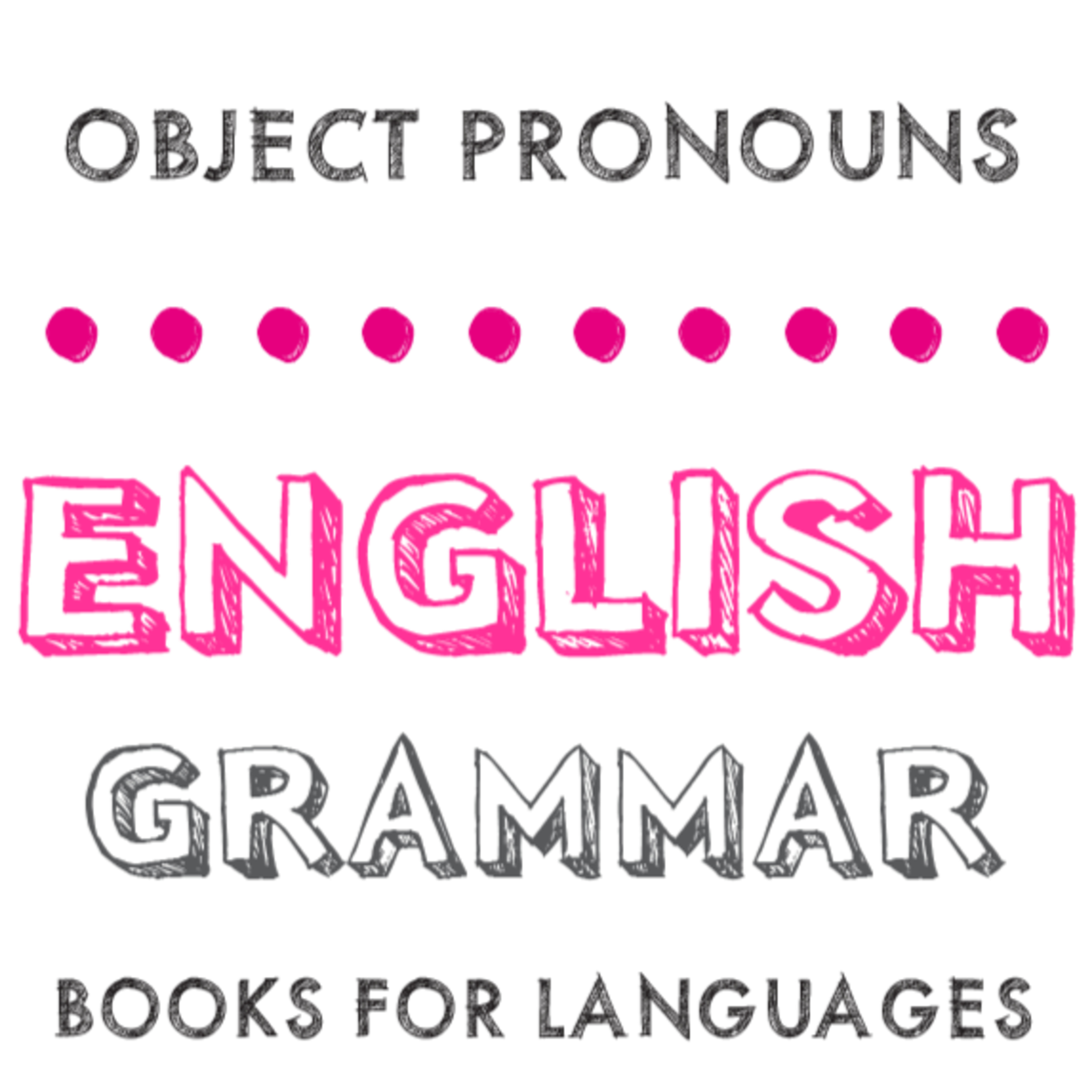
Object Pronouns
English Grammar A1 Level: Pronouns are words used to avoid repetitions of a noun.
Object pronouns are pronouns which are used as an object of a verb or a preposition or as replacement for objects to …
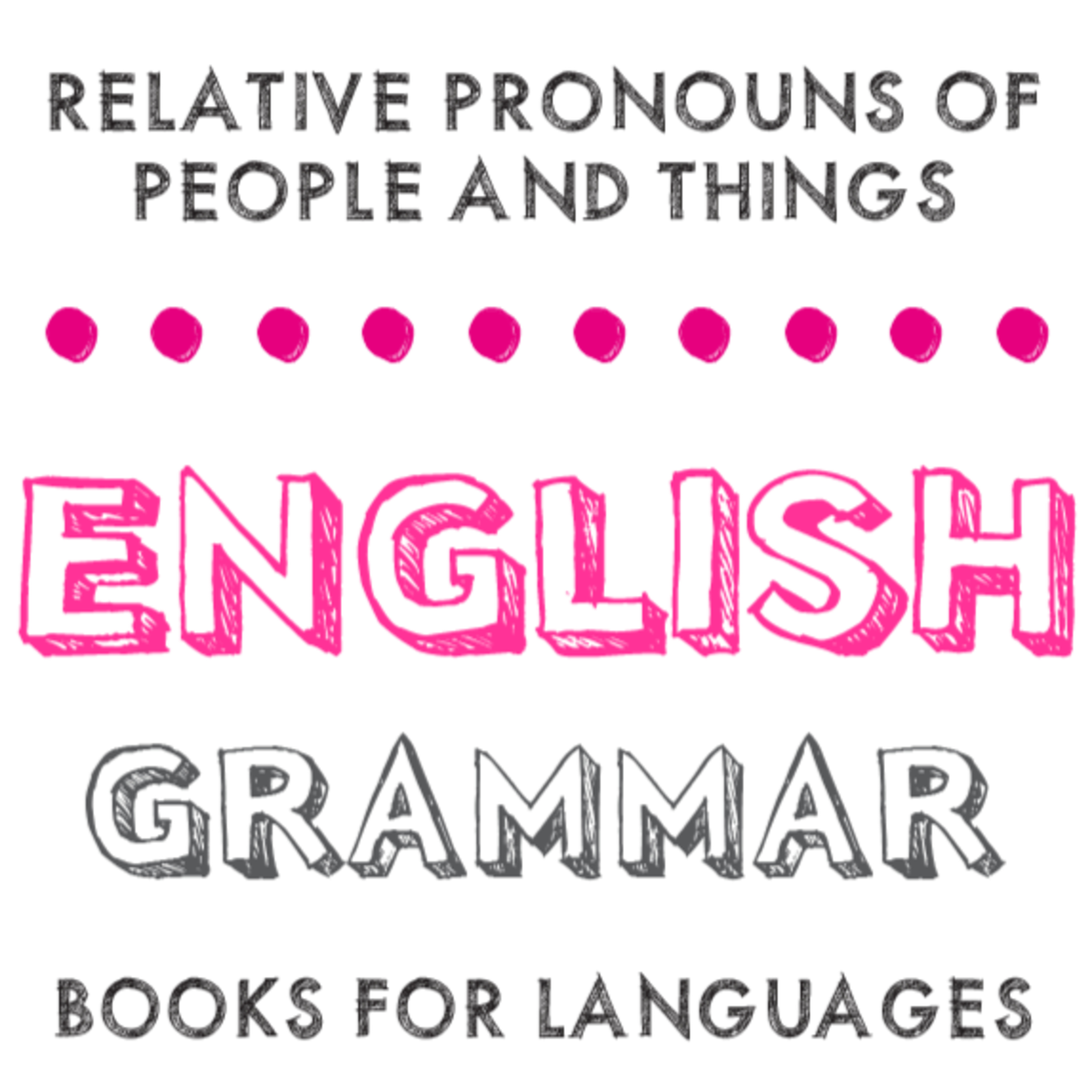
Relative Pronouns of People and Things
English Grammar A1 Level: Pronouns are words used to avoid repetitions of a noun.
Relative pronouns are used to introduce relative clauses.
https://open.books4languages.com/english-a1-grammar/chapter…
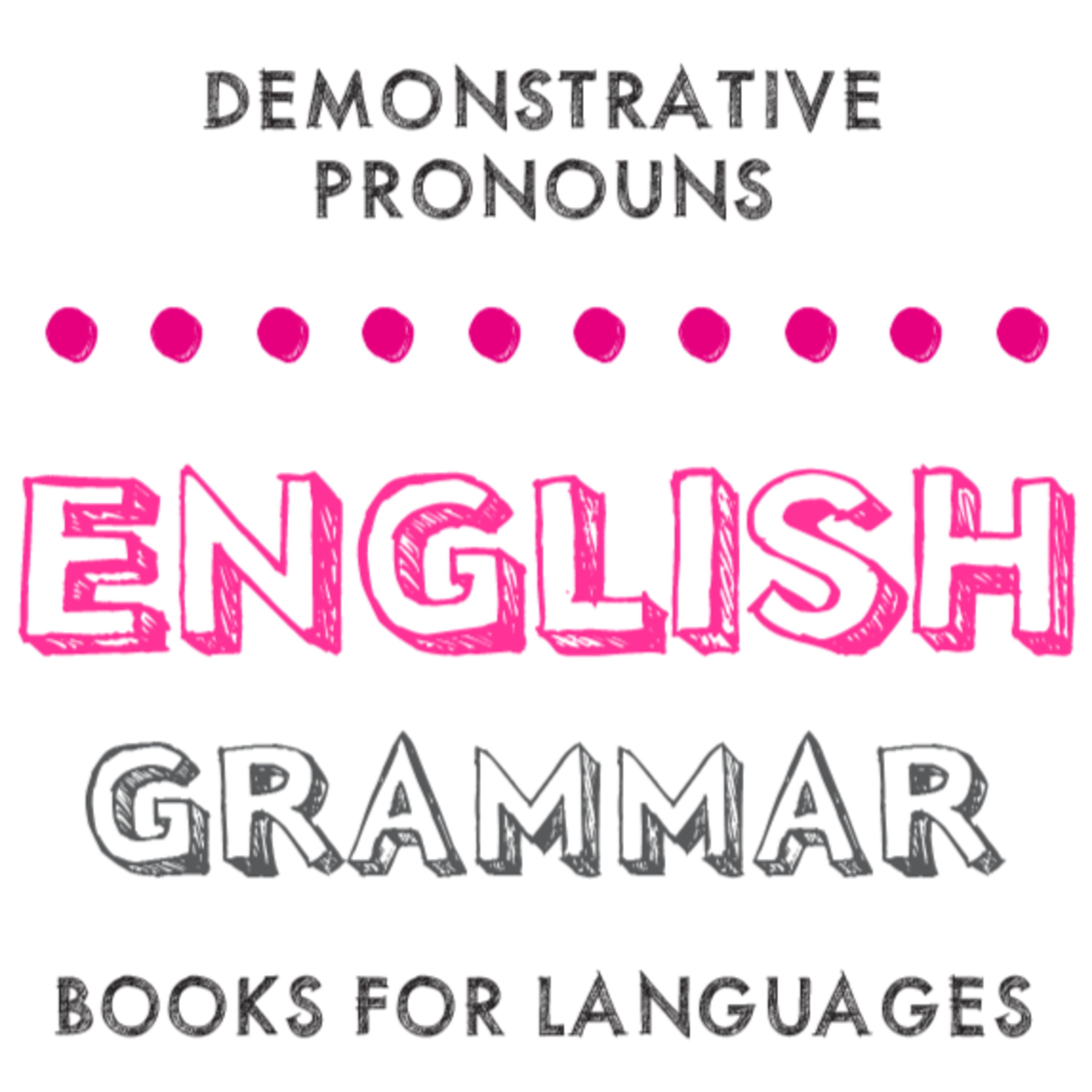
Demonstrative Pronouns
English Grammar A1 Level: Pronouns are words used to avoid repetitions of a noun
Demonstrative pronouns are determiners used instead of nouns to refer to things and identify their position and distan…

Comparisons with Adjectives and Adverbs
English Grammar A1 Level: Comparisons with adjectives and adverbs are used to compare things, people or actions, expressing the equalities or inequalities between them.
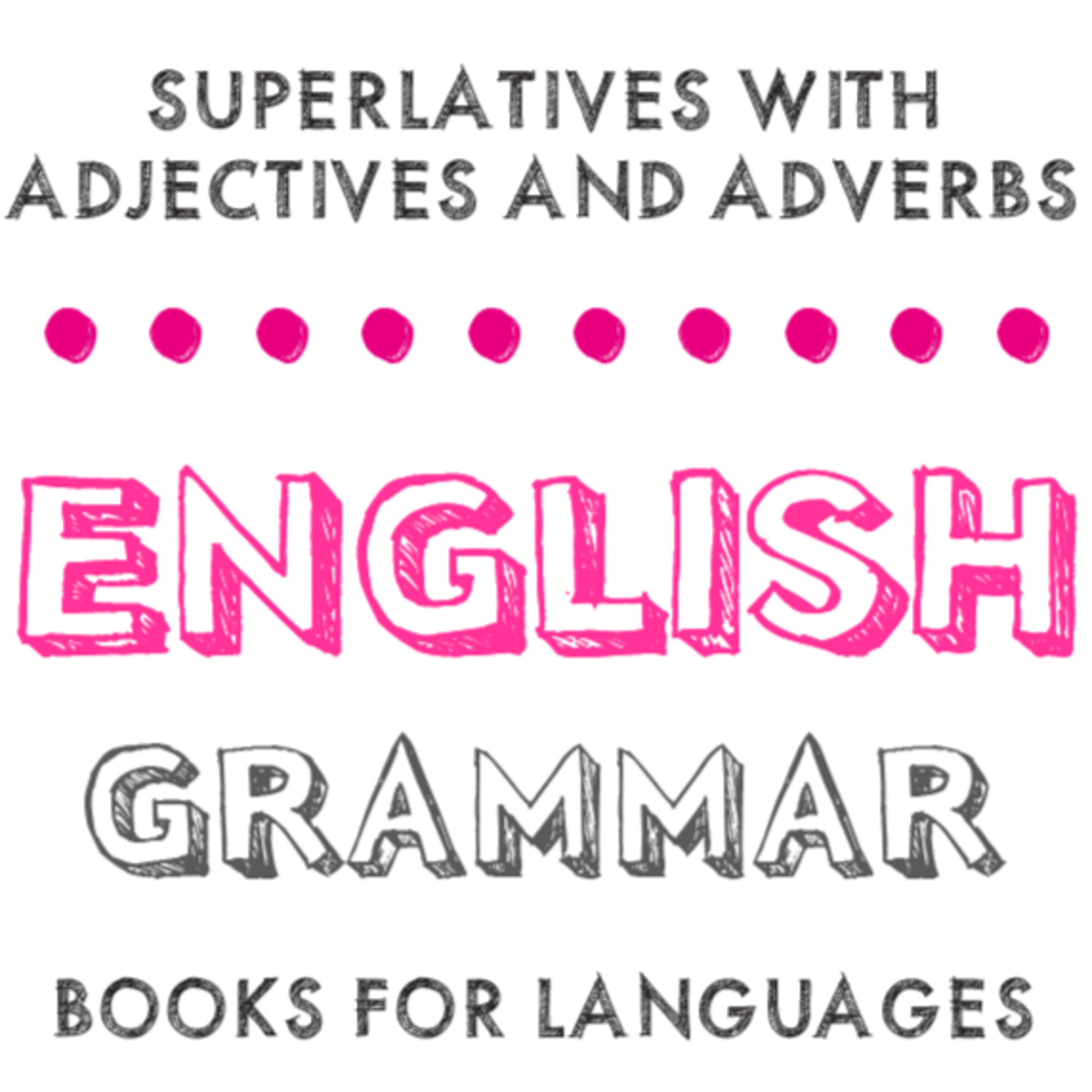
Superlatives with Adjectives and Adverbs
English Grammar A1 Level: Superlative adjectives/adverbs are used to make a comparison between things, people or actions, expressing the superiority of one thing, person or action which has a higher …
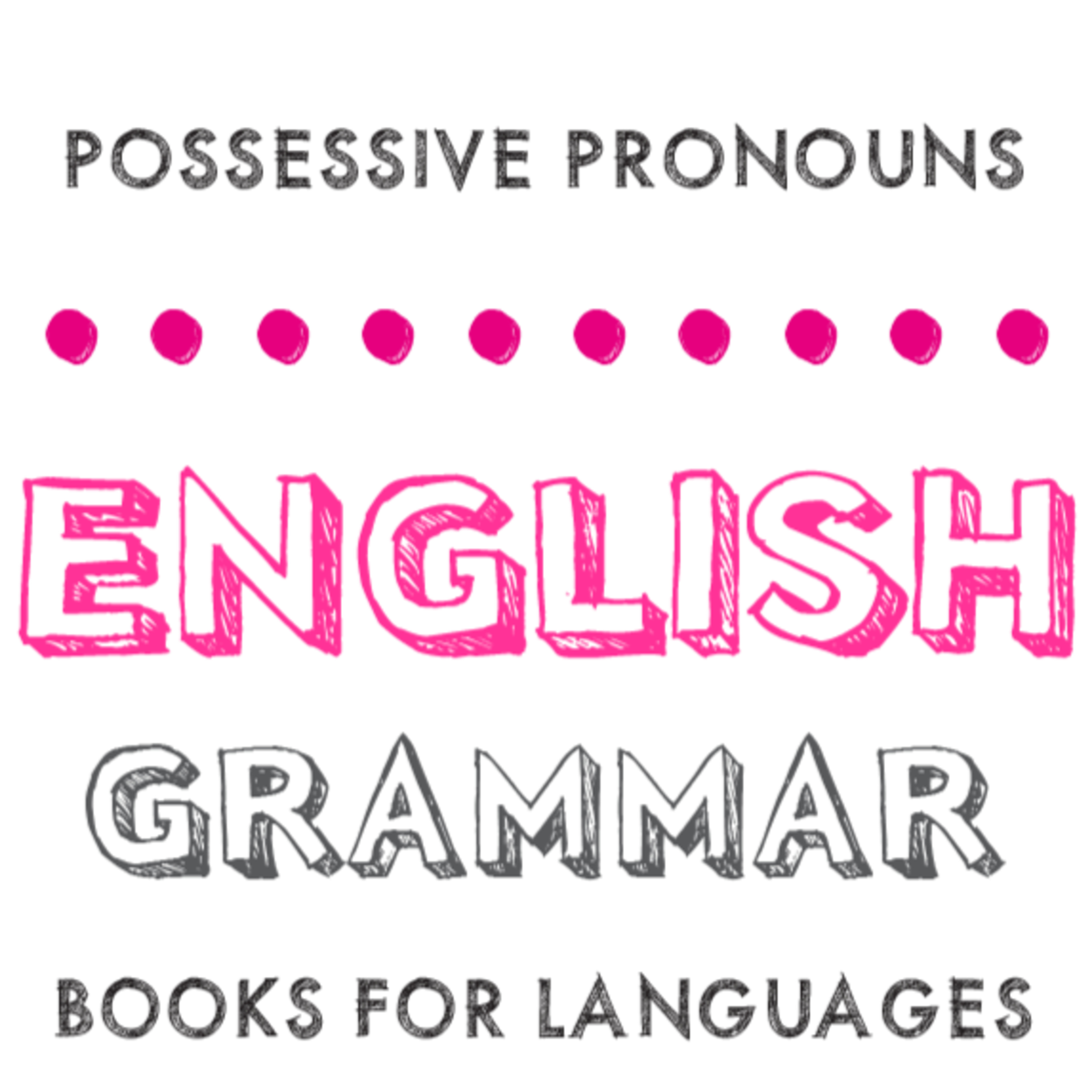
Possessive Pronouns
English Grammar A1 Level: Pronouns are words used to avoid repetitions of a noun.
Possessive pronouns are determiners used to show that one thing belongs to someone.

Demonstrative Adjectives
English Grammar A1 Level: Adjectives are determiners that can be placed in two different positions within a sentence to modify or describe a person or a thing.
Demonstrative adjectives are used to pl…